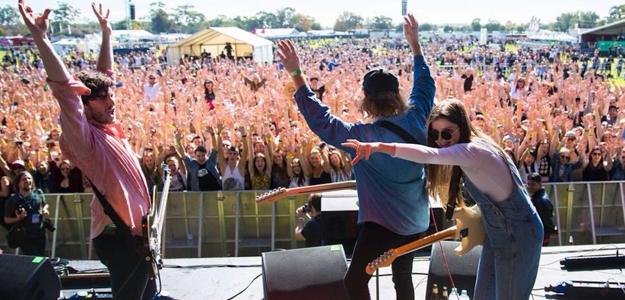Eye Candy: We Chat with Filmmaker Clare Chong About Making Art, The Film Industry and Worms
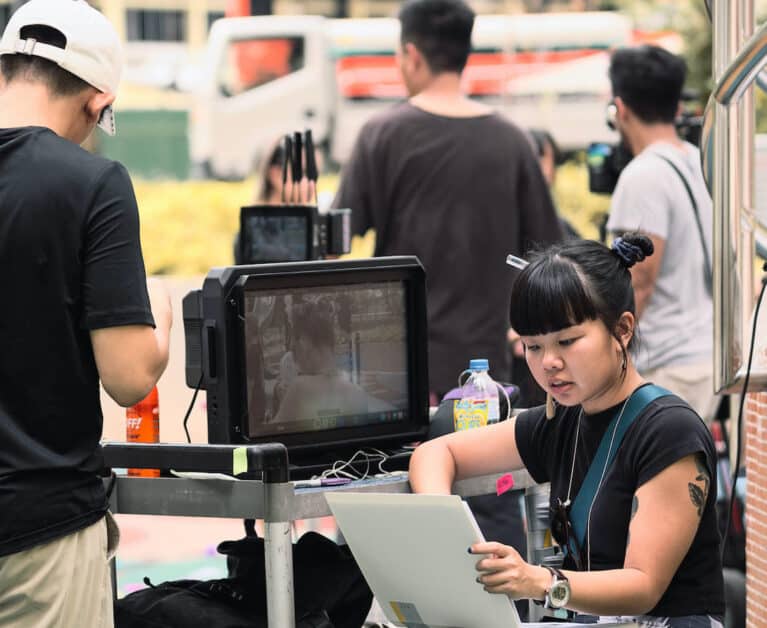
PUBLISHED December 18th, 2020 06:00 am
At a tender age of 24, Clare Chong has established herself as a talented director, screenwriter, video editor, and business owner. The co-founder of Hei Studio, she is known for her surreal, dream-like imagery and vibrant, colourful cinematography. Experienced in making short films, music videos, documentaries and commercials, Clare is also the newest member of Director’s Think Tank.
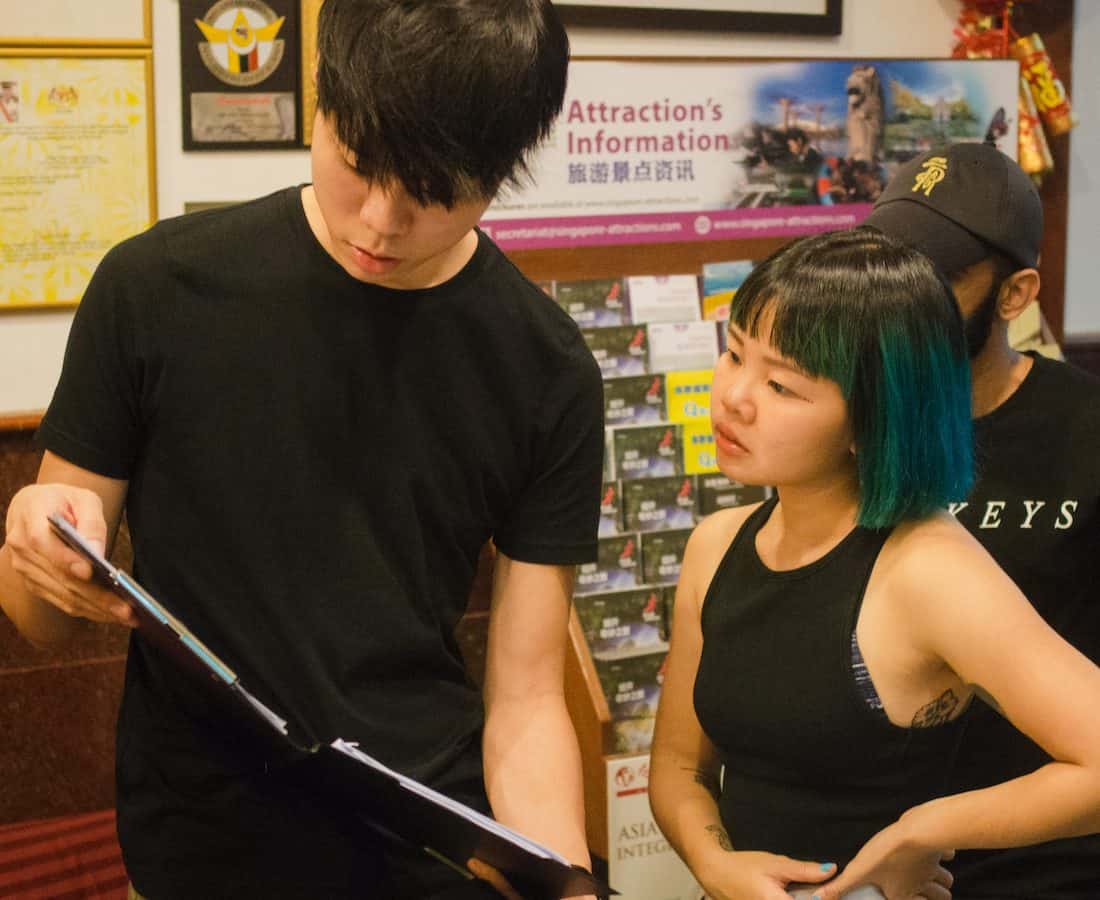
Hi Clare! How did you get into filmmaking?
I was studying in School of the Arts, and they offered film as an art form when I was in my fourth year. I really liked how collaborative the film medium is, and I decided to switch my major from music to film. Back then, I also made a small documentary for a school project with my good friend Lloyd. That led to other cafes and restaurants asking us to shoot videos for them; being a young sixteen-year-old, having these kinds of side gigs was great for us to earn a bit of cash. We kept at it for a few years and eventually got bigger projects, and I ventured into more narrative and experimental filmmaking.
Do you feel that your film school education at LASALLE helped your artistic development, or did you learn more through hands-on work?
I honestly felt that SOTA was a more enriching experience artistically compared to LASALLE. LASALLE was important to me because of the people I collaborated with. I reconnected with my good friend Aaron, who I met in LASALLE, and he’s been my rock for the past couple of years, shooting almost everything that I work on. I also have a wide network of filmmakers who were my seniors, peers, and juniors from LASALLE that I still collaborate with now that I’ve graduated, so I’m very thankful for that.
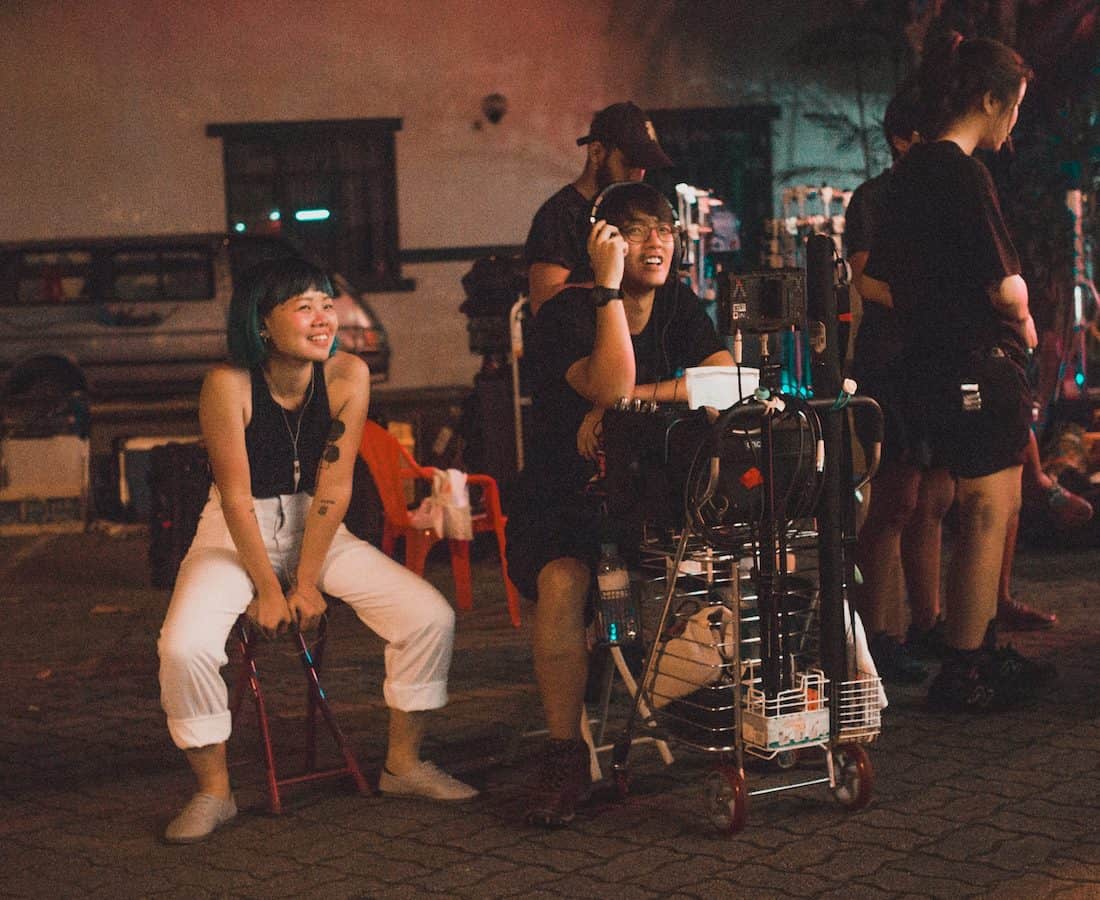
That said, I definitely learnt way more through hands-on work. In fact, I was a horrible student – I kept skipping classes to work on film sets. Any time I get the opportunity to direct or work as a first assistant director, I’d just skip school.
What or who would you say are your major influences?
My influences definitely have changed and are still changing over the years. Some of my constants, though, are Jim Jarmusch, David Lynch, Alejandro Jodorowsky, Ingmar Bergman, Tsai Ming Liang. I love reading Anais Nin and Kierkegaard, but nowadays I read more news, there isn’t much time to sit and read a book properly anymore.
Currently, Sofia Coppola has been a big influence for some of the recent commercial works I’ve been working on. Other than that, inspiration strikes while watching random videos and browsing on Instagram. I also take influence from photos from the Economist, which I have a subscription to. So I’ve been cutting up photos and text and making them into collage work to associate random images to each other. It’s a fun activity and it also spurs creativity.
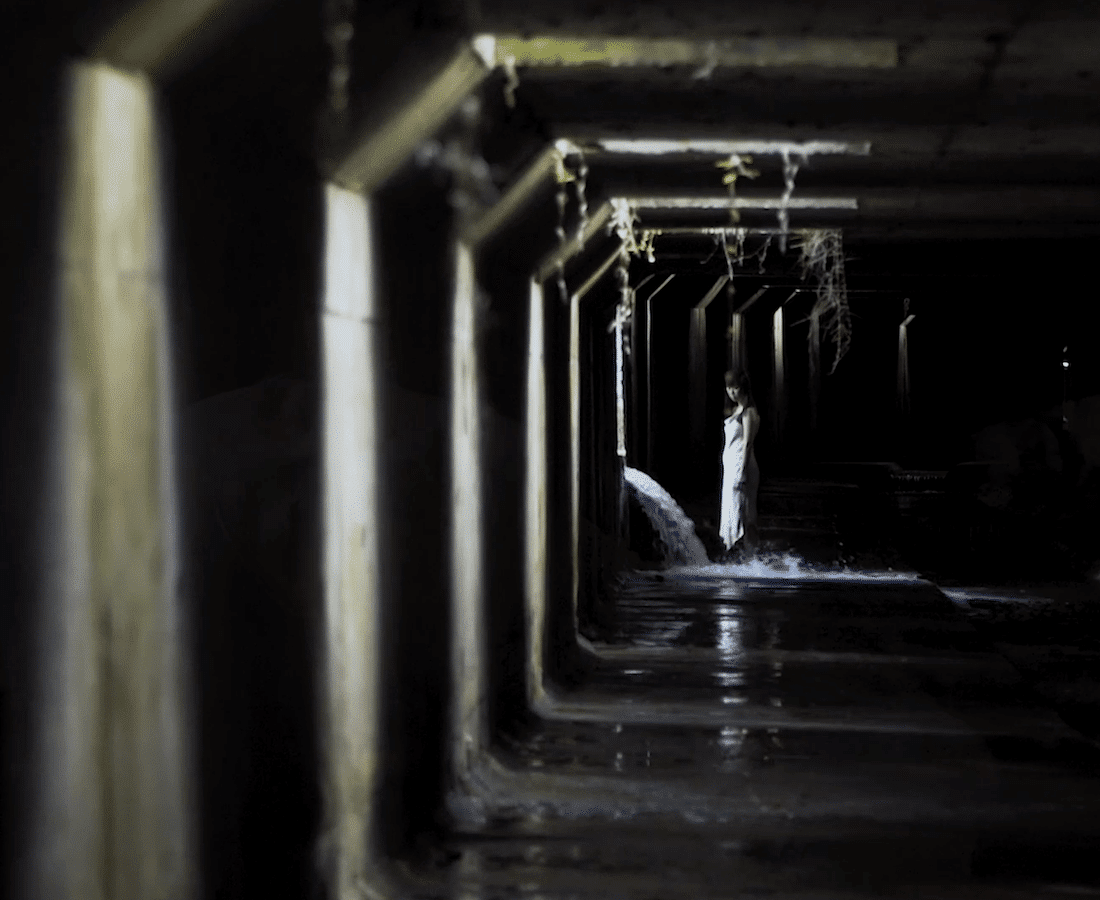
Your work is often surreal and experimental. How do these images and concepts come to you?
I get a lot of deja vu moments, perhaps every week or so. Sometimes I document my dreams and then realize that when something happens in real life, it has happened in my dreams before. So this idea of dreams and reality doesn’t quite exist, they kind of all mush together for me. So when I dream, I’m creating, I remember these visuals or emotions I feel, and I just express them through film.
Usually, it’s one idea or one image, and I just keep expounding on that. It’s never intentionally planned, most of the time there’s not a lot of structure. I just sit down, and I write, and that’s that.
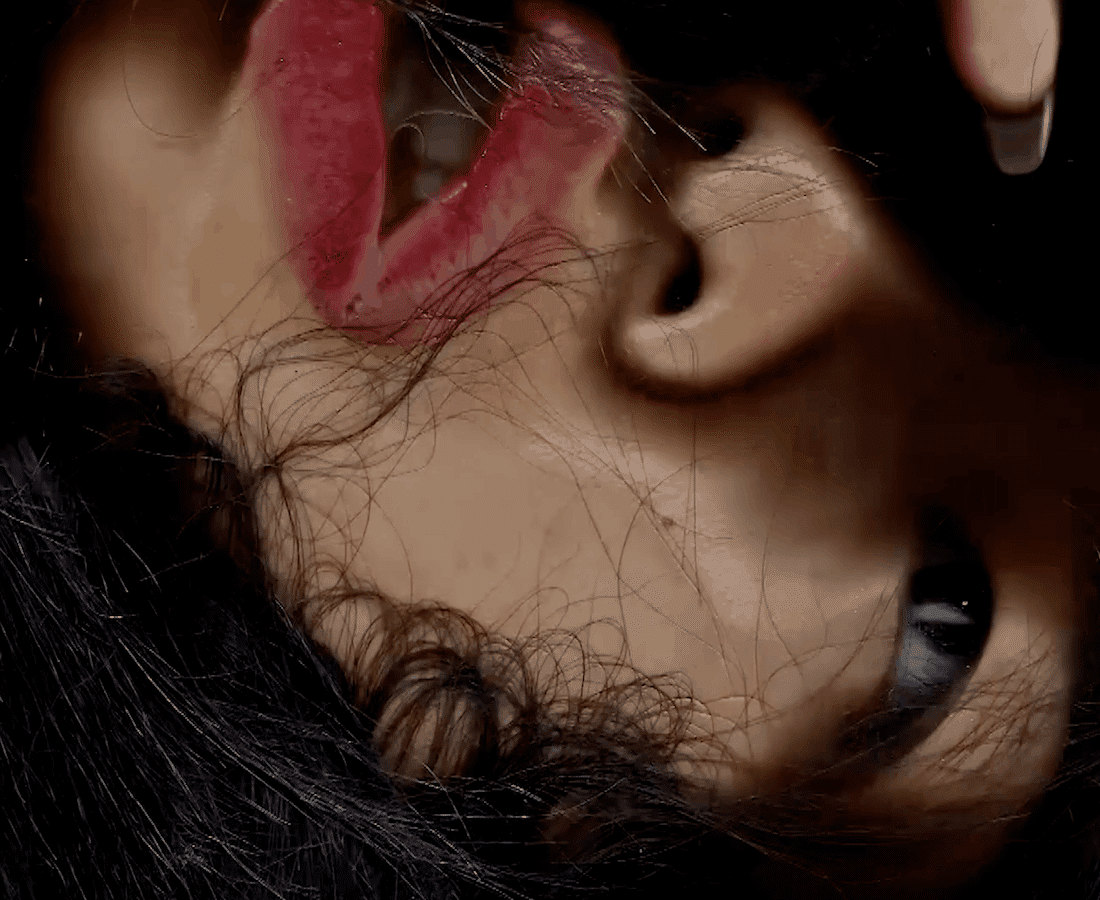
Sometimes when I look at photographs I like to piece them side by side to form different imagery, or I put random things together and create a story out of it. These are things that I guess come naturally to me, so it’s always just creating random images and concepts in my head.
Your circuit breaker series, which had a heavy focus on sound, was an intense watch. How do you feel sound interacts with your work as a filmmaker?
Sound is so, so, so important, it’s fifty percent of the film! I grew up wanting to be a musician, and I studied music for four years. Even before that, I played a couple of instruments, and my mum is a piano teacher. So everything I do still revolves around music and sound one way or another, it is just something that I feel comfortable working with.
Music is very free, and I can react, interact with it however I want. Music can be anything. I like that emotional aspect of music. Sometimes you don’t get that with film, it’s too literal.
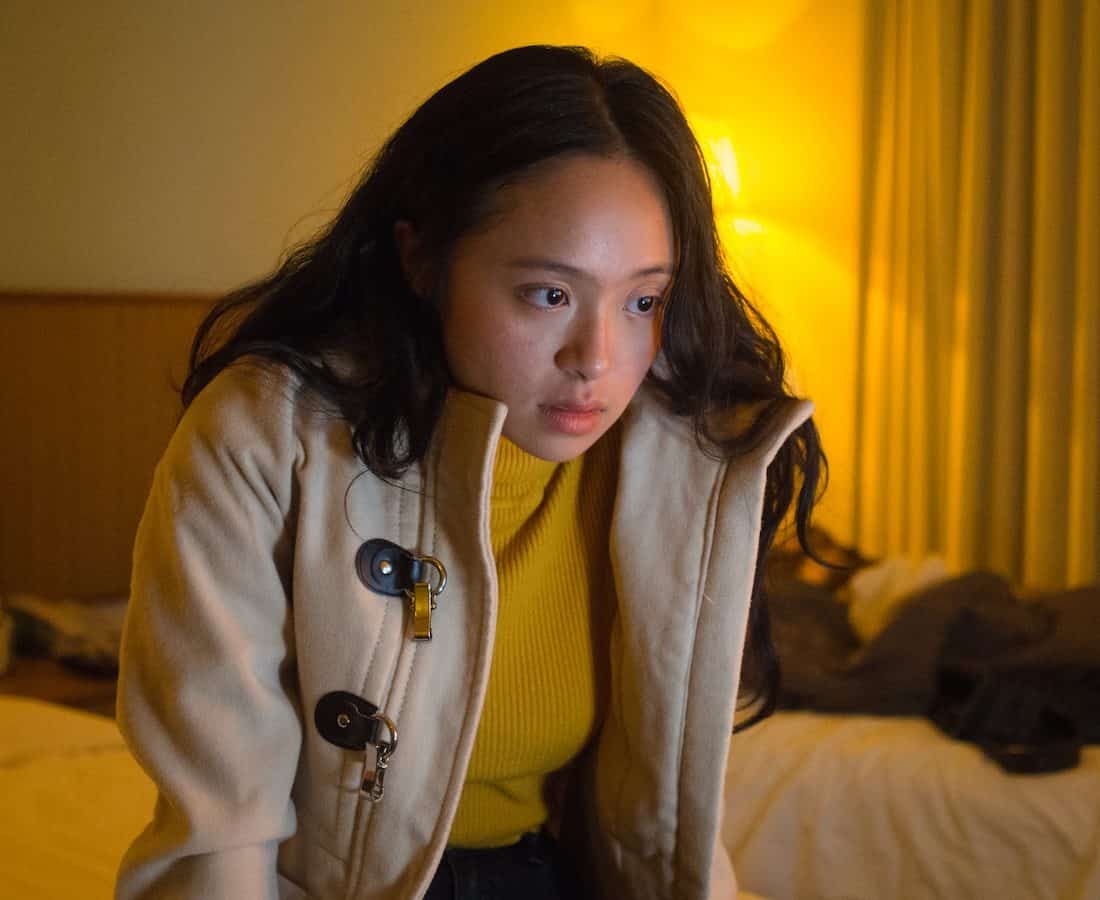
One of your most recent short films, A Waking, is about a teenager in a foreign land who has advances made on her by two grown men. Could you tell us more about the inspiration behind it?
That’s something that I experienced myself overseas, but of course, it’s way more dramatized in this short film. It took me a long time to get to a point where I was comfortable thinking and writing about the film. It’s odd because right after the trip, I felt nothing at all and didn’t think too much about it.
It was only after I started dating men and being in relationships that I realized how deeply this experience has distorted my perception of men. This was made even starker to me when I realized that I am also attracted to women, and I could see how my perception differed between men and women. Right now, a lot of those emotions and confusions have faded, but it’s still something that scares me at times.
You have quite the hefty CV under your belt, from commercial films to music videos to surrealist art. What’s one project that made a deep impression on you?
It’s not hefty at all! I’m still trying to do lots more, I feel like there’s so much more I can work towards. To answer the question, I think it is has got to be A Waking, only because it was emotionally very difficult for me to make that film.
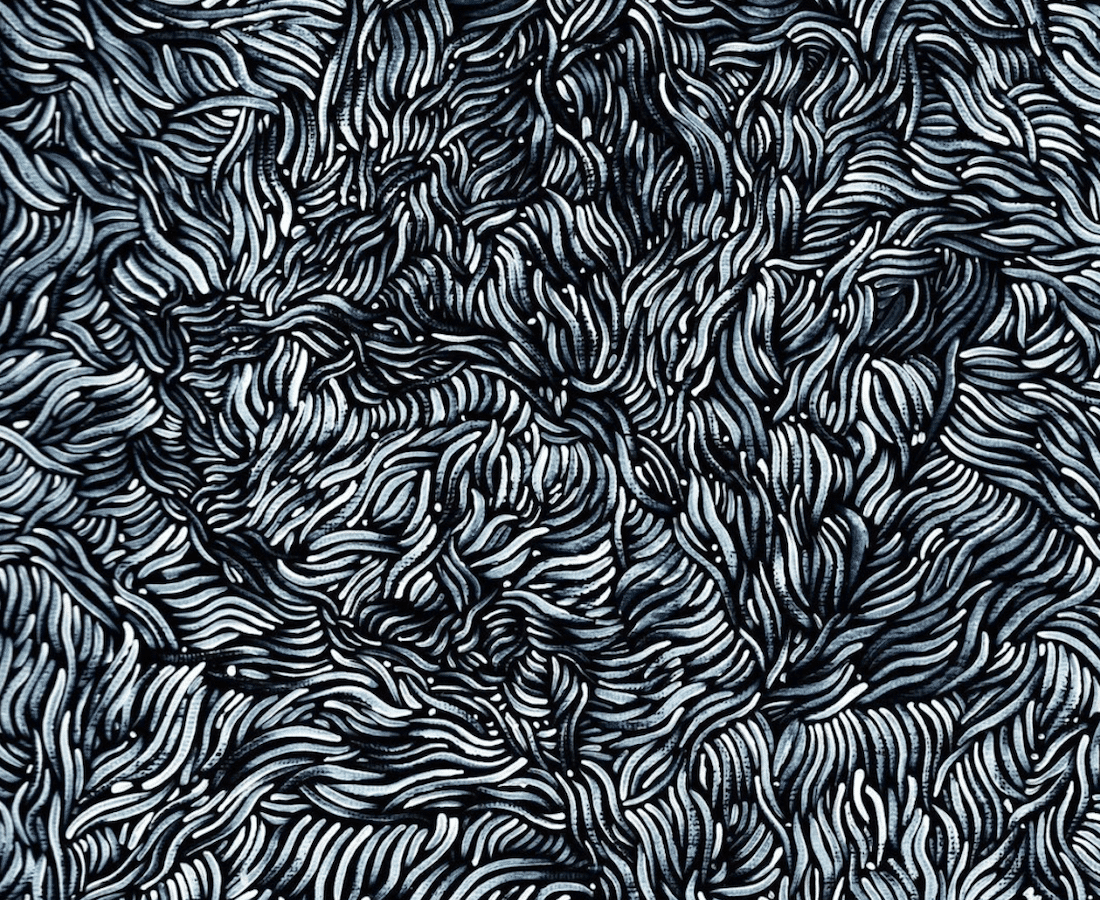
You started painting worms over Circuit Breaker and posting them on Instagram – why?
I have a really intense fear of worms, and it’s a fear that came about after watching Anacondas. I believe it’s a scene with leeches that scarred me for life. So since then whenever I see a worm I get so terrified sometimes my knees get weak, or I start to cry. My friends just laugh at me nowadays.
To cope with this fear I started doodling worms, and I doodle a lot when I daydream. This became something I started working on with acrylics on paper, then on canvas, and then the canvases got larger and larger.
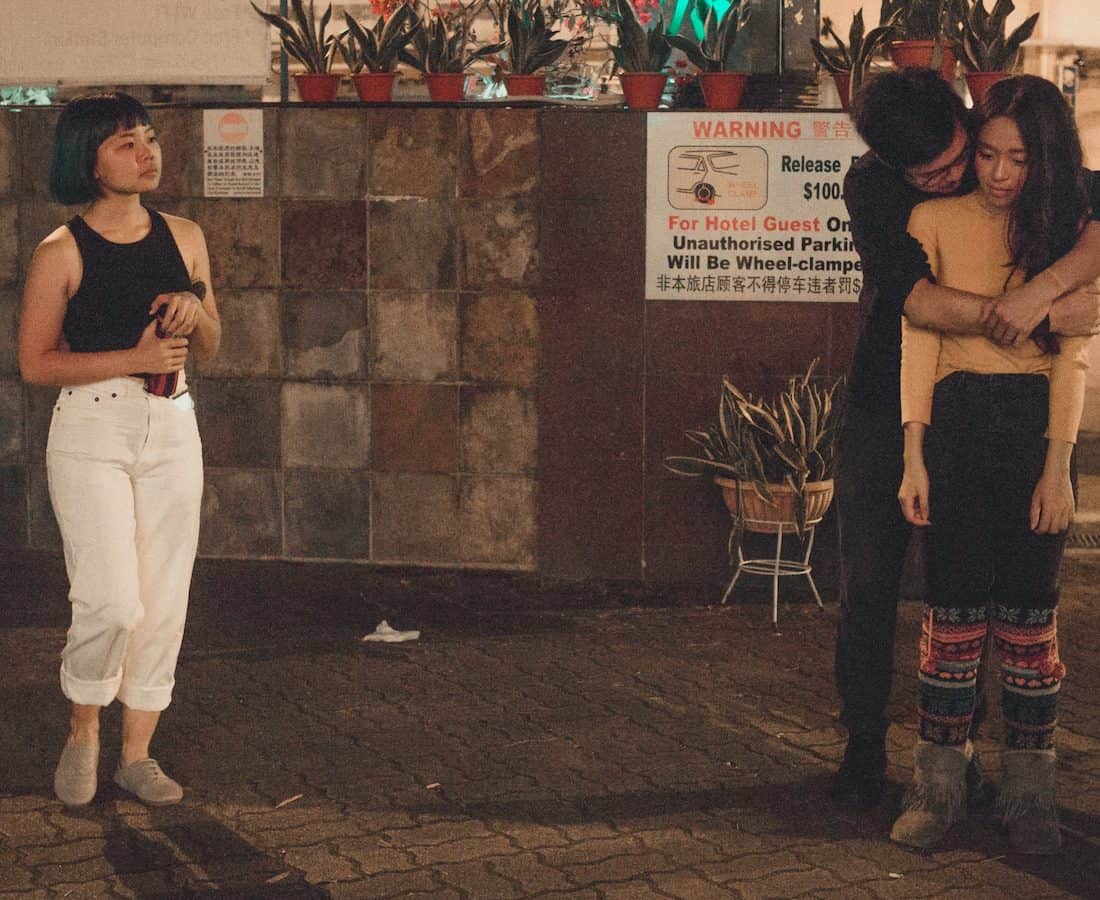
Film comes across as a very male-dominated industry to those outside of it. Do you feel that gender has deprived you of opportunities you’d otherwise have had?
I think it’s a misconception that it’s a male-dominated industry. That’s not true at all. In fact, it’s a very good balance between and male and females. Did you know a lot of our boom operators in film production are female? We also have more and more female camera assistants, director of photography, and not to mention directors. So no, it has never deprived me of any opportunities, in fact being female is such a great advantage on set.
Keep up with Clare Chong on Instagram at @workwithcllre and @worm.gurl. Find her portfolio and learn more about her here.

